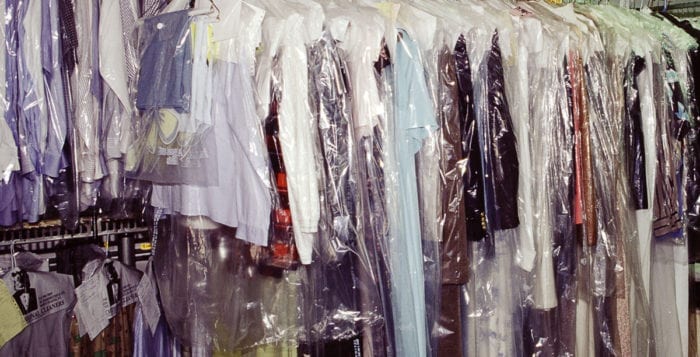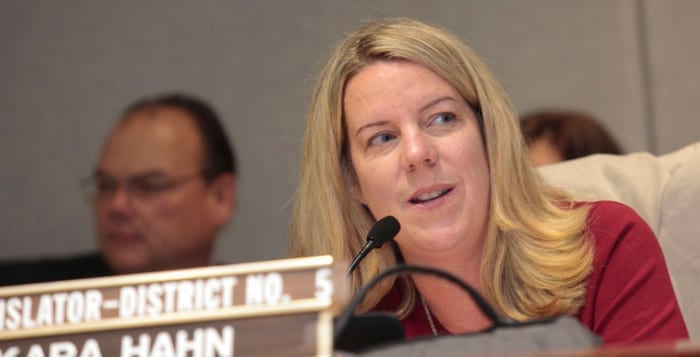Customers will soon have more information about how their clothes are being cleaned.
The Suffolk County Legislature recently approved a new law that will require dry cleaners to share information with customers about the types of chemical solvents they are using and the environmental effects of those solvents.
County Legislator Kara Hahn (D-Setauket) had proposed the law, which passed on June 2. Under the new requirements, the county health department will categorize dry cleaning solvents, ranking “each chemical grouping based on both human and environmental impacts,” according to a press release from Hahn’s office.
From there, during the existing annual inspections for dry cleaners, county officials will provide the businesses with color-coded signs that “indicate the cleaning methods and solvents used by each individual shop.”
The dry cleaners would have to post the signs in their windows and behind their counters.
On the government side, the health department will also have a website — the address of which will be on the color-coded signs — with environmental and health information about different dry cleaning solvents and processes.
“This bill empowers consumers and allows them to make more informed decisions, which in the end is good for all of us,” Hahn said in a statement. “While it is common for consumers to read food ingredient lists and nutrition labels and to search out reviews for other products, most are hard-pressed to find the time to research details related to a myriad of dry cleaning solvents, figure out the exact solvent used by their cleaner and then investigate its potential impact on his or her self, family and environment.”
Suffolk County Executive Steve Bellone (D) still has to sign the approved bill into law.
Hahn’s bill was related to a previous one she put before the Legislature, which was also approved in mid-April, to stop garment-cleaning businesses from using the term “organic” to describe their services, because there are no set criteria for its usage in consumer goods and services and could be misleading. The legislator has given the example of dry cleaning chemicals that are harmful to the environment but might be referred to as organic because they contain naturally occurring elements such as carbon.
“Organic in this context is a technical term, and does not mean chemical-free,” Beth Fiteni, owner of Green Inside and Out Consulting, an advocacy organization committed to empowering the public to find healthier alternatives to common toxins, said in a statement at the time the bill passed the Legislature. “This legislation in Suffolk County helps address possible confusion.”
That law prohibited dry cleaners from using the term to advertise their services, with fines between $500 and $1,000 for violating the rule.






